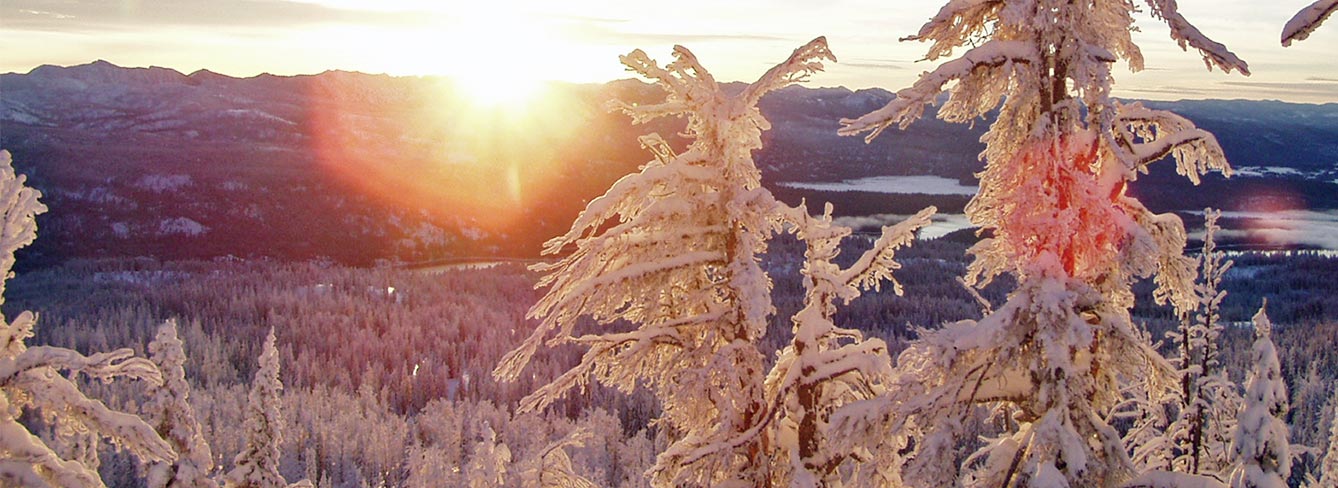MOTORIZED Avalanche Science ASG2 (old REC1+) – Jan 19-21, 2024 at McCall
Avalanche Science REC1+ course includes 3 field days, 4 hours of interactive classroom, and 8 hours of online material.
The REC1+ course includes Avalanche Level 1 and the Rescue modules.
Prerequisite:
Own and know how to operate a snowmobile or snow-bike.
Pre-course material:
2-hour online
Course Format:
3 days of fieldwork and backcountry ski touring at Brundage Mountain Resort.
4-hour interactive classroom session with an instructor.
8-hours online video and multimedia material.
Learning Outcomes for REC1+ Module:
- Gain an understanding of snow science: snow metamorphism and slab avalanche fracture mechanics. Anticipate the impact of weather in the snowpack. Track precipitation, wind, and temperature critical thresholds driving avalanche instability.
- Make relevant weather, weather, and avalanche observations. Target observations relevant to the avalanche problem of the day.
- Familiarity with CAA OGRS / AAA SWAG. Competency with ATES frameworks. Awareness of CMAH.
- Recognize avalanche terrain and the role of slope angles. Identify, estimate, and measure slope angles and recognize terrain connectivity.
- Develop terrain navigation tools and skills; Stability wheel, structural weaknesses, and reactivity tests.
- Adopt safe travel protocols when traveling in avalanche terrain and recognize human factors impacting the safety of the team.
- Introduce Avalanche Release Conceptual model and develop a systematic method for avalanche risk assessment and execution of safe travel plans.
- Reliable identification of slab and weak layer structures in snow pits. Characterize snowpack structure reactivity with basic stability tests.
Learning Outcomes for RESCUE Module:
- Gain an understanding of avalanche beacon technology.
- Training in avalanche companion rescue techniques for D2 and D3 avalanches sizes.
- Conduct transceiver functional verification at the trailhead.
- Understanding of the value and the function of avalanche rescue equipment.
- Demonstrate professional-level probing techniques.
- Reliable single avalanche victim companion rescue.
- Familiar with two-victims avalanche scenarios.
- Effective communication during avalanche rescues.
- Capable of generating Emergency Response Plans.
- Internalize that an avalanche incident is a medical emergency, and develop familiarity with potential injuries and potential medical issues common on buried avalanche victims.
- Develop awareness about the value of wilderness or outdoor medical training.

 Menu Toggle
Menu Toggle
 Closed
Closed Open
Open

